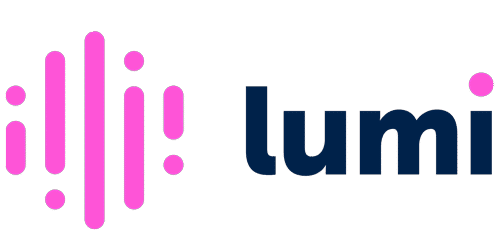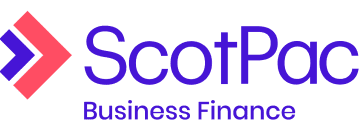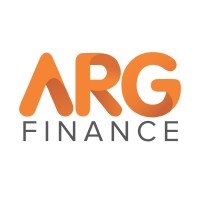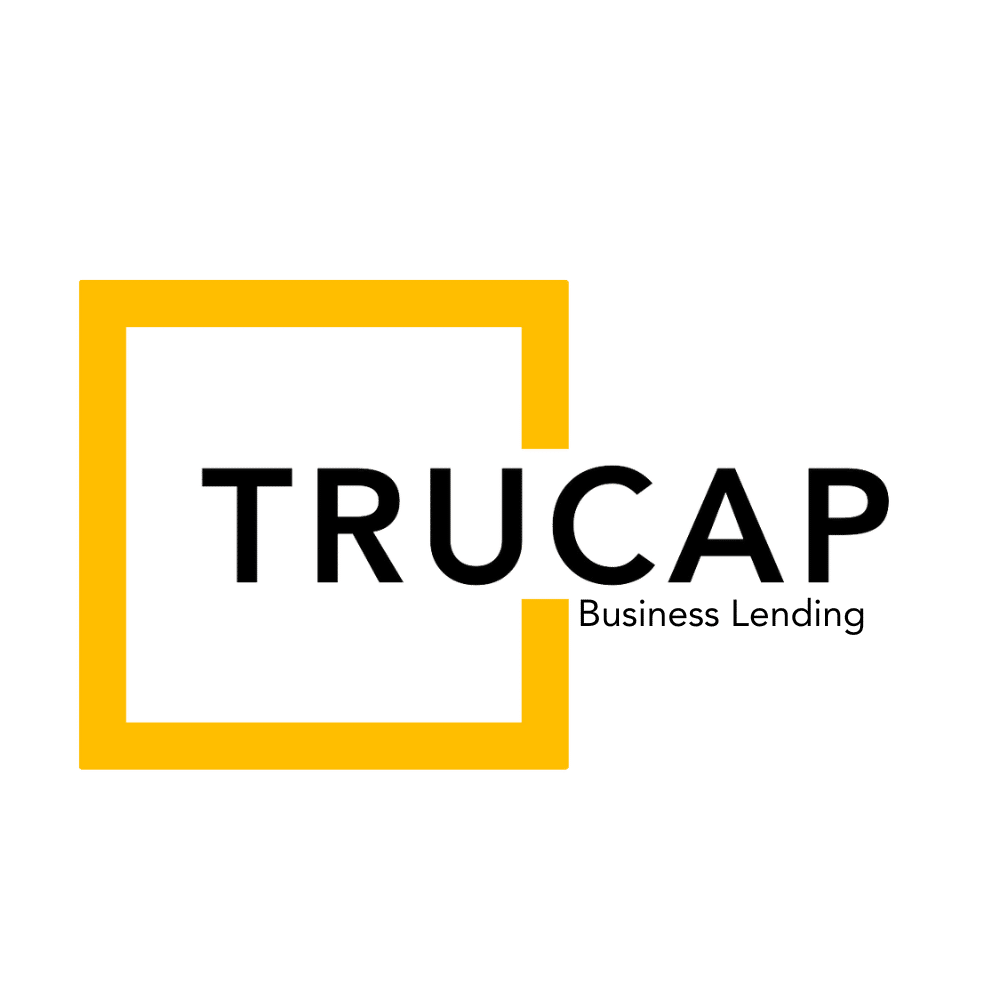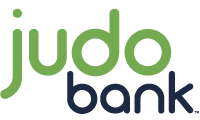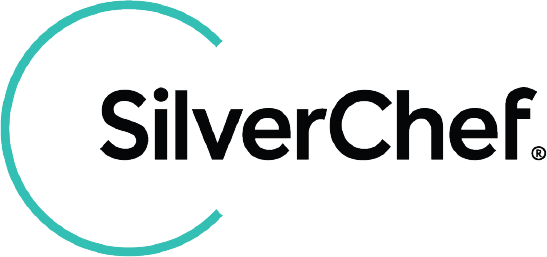An unsecured business loan is a type of commercial finance that doesn’t require you to put up an asset as collateral. This makes it a fast, flexible financial solution for businesses of all shapes and sizes. However, it’s important to understand the different types of unsecured commercial finance before you hit “send” on your application.
How much will the loan cost my business?
There are several different types of unsecured business finance to choose from. These include:
Standard unsecured business loans
The most standard type of loan for businesses, these start from as little as $5,000 and can reach up to $250,000 to $300,000, with repayment terms ranging from a few months up to a maximum of three or five (depending on your lender).
You’ll repay your loan in set instalments on a weekly, fortnightly or monthly basis until it’s completely paid down. Because there’s no collateral to assess, they can also be processed and funded very quickly, sometimes as soon as the same day or within 24 hours.
Unsecured business lines of credit
Unlike a loan, which you’ll receive as a lump sum, a line of credit allows you to withdraw funds up to a set limit at any time. This means you won’t have to apply for extra funds each time you need them, which comes in handy if you’re running a business with an irregular cashflow.
You’ll also only pay interest on your outstanding balance, not up to the full limit. For instance, if you withdraw $20,000 from your $80,000 line of credit, you’ll only be charged interest on $20,000. Interest rates and fees are generally higher for lines of credit than loans, though.
Business overdrafts
Business overdrafts are similar to lines of credit in principle, but are attached to your business bank account instead. They allow you to withdraw funds beyond $0 up to a set limit and only pay interest on the amount you use. The other benefit of this type of finance is that there’s usually no set repayment schedule, which means you can take as long as you need to pay off your debt.
The flip side of this is that, like lines of credit, interest rates and fees are higher on overdrafts compared to standard loans, so it’s a much more expensive way to hold long-term business debt.
Business credit cards
A credit card essentially works the same way as a line of credit in that your business is approved to borrow up to a set amount and can access these funds at any time. Like overdrafts, though, you’ll only need to meet a certain minimum payment, with no solid repayment period set.
It’s important to note that credit card interest is likely to be even higher than overdrafts and lines of credit, while the maximum limit is almost always lower at $50,000 to $100,000. This means that credit cards are more suitable for everyday business expenses that can be paid off quickly, especially within interest-free periods.
Unsecured low doc business loans
If you don’t have all the documents your lender needs to process an unsecured loan, you might be able to qualify for a low doc business loan instead. This might include documents like your BAS, business bank statements or a letter from your accountant confirming current and projected earnings. Small and new businesses will often need to pursue this option.
It may be harder to get approved for a low doc loan without being a property owner or using an asset as collateral, but it isn’t impossible. To compensate for the increased risk, interest rates and fees are higher than standard loans.

How to know which type of finance is right for your business
"Every business is different, so the best solution for your small operation depends on why you need it. If you’re buying an expensive asset or investing heavily in your business, paying out of your overdraft or putting it on your card will probably set you back the most in interest and fees. If you only need to access $5,000 and can pay it back within the month, you might not need a full business loan (though taking one out and clearing the debt quickly will help your credit score)."

What can I use my unsecured business loan for?
The point of an unsecured business loan is to be flexible and able to be used for a wide range of purposes, such as (but not limited to):
- Boosting your cashflow
- Buying inventory
- Clearing and consolidating multiple outstanding debts
- Covering advertising costs
- Funding renovations to your business premises
- Helping to start up your business
- Hiring new staff
- Purchasing assets that are too old or not in good enough condition and don’t meet secured business loan requirements
How are unsecured commercial loans different to secured loans?
The big difference between the two is that secured loans require an asset to be put up as collateral. This can be commercial or residential property, vehicles, equipment, inventory or other options. Chattel mortgages are a common example of secured loans, where the funds are used to purchase an asset. However, the flow-on effect of this means these two loans can end up looking a bit different, as you can see in the table below:
| Unsecured business loans | Secured business loans | |
|---|---|---|
| Collateral required? | No | Yes |
| Borrowing range? | Up to $300,000 | Up to $2 million |
| Repayment terms? | Up to five years | Up to 30 years |
| Interest rates and fees? | Higher | Lower |
| Processing and approval time? | As soon as 24 hours or the same day | Up to three or four weeks |
| What happens if you default? | Legal action and seizure of personal assets (worst-case scenario) | Secured asset can be repossessed to recoup lost funds (worst-case scenario) |
Securing your loan with an asset will lower your interest rate and can increase your borrowing power, but it’s important to weigh up the risk of losing that collateral if you become unable to cover your business’ repayments.
How much will the loan cost my business?
There’s a range of variables that can impact the amount you’ll pay for your business loan. Some of these include:
Interest rate
The most obvious cost factor is the interest rate. Even small differences can have a big impact on the cost of your loan, as the following example shows:
Deepti wants to take out a $50,000 unsecured loan for her architecture business. She decides that three years is the ideal term over which to repay the debt. From there, she starts getting quotes from lenders and works out how much they’ll cost each month and overall.
| Loan amount | Interest rate | Monthly repayments | Total interest |
|---|---|---|---|
| $50,000 | 7.50% p.a. | $1,555 | $5,991 |
| $50,000 | 8.50% p.a. | $1,578 | $6,822 |
| $50,000 | 10.00% p.a. | $1,613 | $8,081 |
| $50,000 | 12.00% p.a. | $1,661 | $9,786 |
| Calculations are based on a three-year loan. Interest rates are for illustrative purposes only and do not necessarily reflect the rates you’ll receive on your business loan. | |||
As you can see, on a $50,000, three-year loan, the jump from 7.50% p.a. to 8.50% p.a. would cost over $800 more. Deepti decides to go with the cheapest available rate as a result of this.
It’s worth noting that some or all of this interest will be eligible to be claimed as a tax deduction. If you want to know what your business can and can’t claim, you should speak to your accountant or a tax professional.
Loan fees
It isn’t just loan interest you’ll need to keep an eye on. Lenders can also charge a range of fees as part of their loan packages. While these vary depending on where you apply, you’ll need to keep an eye out for the following:
- Establishment fee: a once-off charge for opening your loan account. This is typically built into your repayments. This could be anywhere from $100 to over $1,000 or waived entirely.
- Monthly/account fees: charged every month until you pay off your loan. It usually ranges from $10 to $30 per month.
- Early repayment fees: although uncommon on unsecured business loans, some lenders may slug you if you clear your loan debt ahead of schedule. The cost will depend on your interest rate and the time left to run on your loan.
Loan term
The longer you take to repay your loan, the more you’ll pay in interest and monthly fees. That’s because interest is calculated based on your outstanding balance, meaning it’ll remain higher for longer if you take a while to repay your loan. You can see how this works here:
| Loan amount | Loan term | Interest rate | Monthly repayments | Total interest |
|---|---|---|---|---|
| $75,000 | One year | 10.00% p.a. | $6,594 | $4,124 |
| $75,000 | Two years | 10.00% p.a. | $3,461 | $8,061 |
| $75,000 | Three years | 10.00% p.a. | $2,420 | $12,121 |
| $75,000 | Four years | 10.00% p.a. | $1,902 | $16,305 |
| Interest rates are for illustrative purposes only and do not necessarily reflect the rates you’ll receive on your business loan. | ||||
Loan amount
The same logic applies to your loan amount. The interest calculation will be higher on a loan with a greater balance, so it’s worth considering how much you need to borrow and whether it’s worth using any of your business’ cash reserves upfront to reduce that amount.
Repayment frequency
Plenty of unsecured business loans allow you to pay off your loan balance ahead of schedule. Doing so could save you hundreds, if not thousands, of dollars. Plus, if your business is in a position to do this, you can also benefit from having your positive behaviour recorded on your credit file, which can improve your business’ standing and help your chances of approval for future finance.
How much can I borrow with an unsecured business loan?
As mentioned, lenders can typically offer between $5,000 and as much as $300,000. However, there are plenty of factors that your lender will consider when working out how much your business can borrow, including:
- Your business’ revenue and expenses: one of the first things will be checking how much your business is earning and the amount going in the opposite direction on regular costs and bills.
- Your business’ assets: if your business is asset-backed, such as if it owns property, that will boost your chances of approval for a larger unsecured loan. The same applies if you yourself own your home, even if it isn’t included in the loan agreement.
- Your business’ liabilities: your lender will also factor outstanding debts and other loans into the equation, as these eat into the cash available to service the new loan.
- Your business’ credit history: this is another big one. The better your business’ credit record, the more you’ll likely be eligible to borrow, as a poor record of managing past debts will limit borrowing power.
Business loan calculator
Crunch the numbers to see what your repayments could look like
Your estimated repayments
$98.62
| Total interest paid: | Total amount to pay: |
| $1233.43 | $5,143.99 |
Why apply for a business loan with Savvy?
Expert brokers
You can speak with one of our specialist commercial brokers who can walk you through a range of loans to best suit your company's needs.
Over 40 lending partners
You can compare business loan offers, through a range of trusted lenders, maximising your chances of a great rate.
Fast online process
You can fill out our simple online form to generate a free business finance quote within minutes. You can also come back to it at any time.
The pros and cons of unsecured business loans
Pros
-
No asset collateral requirements
Perhaps the biggest bonus of unsecured loans is that you don’t need to have an asset to use as collateral for the agreement.
-
Flexible usage of funds
Your business loan funds don’t need to be used for one specific purpose. You could take out an unsecured business loan for a variety of different needs.
-
Fast approvals
Because your lender doesn’t need to assess your loan’s security, your application can be processed and approved much more quickly.
Cons
-
Higher interest rates and fees
Attaching an asset as collateral will score you lower interest rates and fees than what you’d receive on your unsecured loan.
-
Shorter loan terms
Unsecured business loan terms are more restrictive, usually capping out at three to five years. Without any borrowing history, though, you might only be given a few months.
-
Lower borrowing caps
While secured loans can go well into the millions, unsecured business finance is available for $250,000 to $300,000 at the higher end.
How to apply for an unsecured business loan with Savvy
-
Complete our online form
Share details about yourself and your business, as well as the loan you’re after.
-
Send us your documents
Provide any documents and financials we need to assess your business profile.
-
Speak to your broker about your options
We’ll give you a call to chat about the options available and your next steps.
-
Have your application prepped
We’ll put everything together and submit your application to the lender.
-
Get approved, sign off and settle
Once you’re approved, you can sign all the required documents and have the loan settled.
Business loan eligibility criteria
Although eligibility criteria can vary between lenders, the general requirements you’ll need to meet are:
- You must be at least 18 years of age
- You must be an Australian citizen or permanent resident (or, in some cases, an eligible visa holder)
- Have an ABN registered in your name (loans are available from as soon as one day after registration)
- Meet business usage requirements (at least 51% of any asset you buy, for example)
- You must meet your lender’s minimum personal and business credit score requirements
The documents you’ll need for your unsecured business loan application
Documentation requirements can also differ depending on who you apply with. Here’s what you’ll usually have to provide:
- Personal information such as your full name, date of birth, address and contact details
- Front and back of your driver’s licence or another form of government-issued ID
- Information about your business’ assets and liabilities, as well as those in your name
- Six to 12 months of business bank statements







